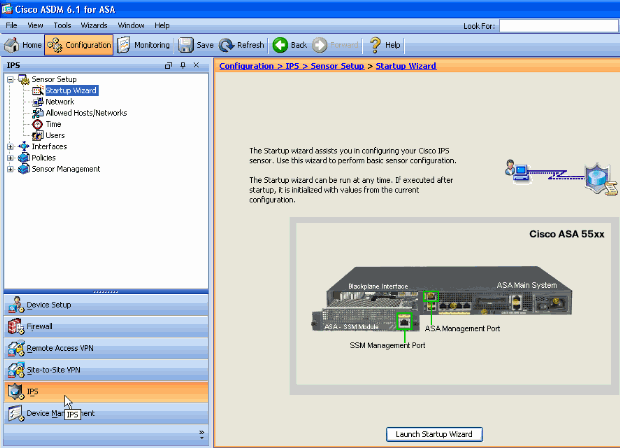

When we reconnect to the same server, the SSH connection will verify the current public key matches the one we have saved in our known_hosts file. These are collected from the hosts when connecting for the first time.Īs with those keys stored in the file, ~/.ssh/known_hosts, these keys are used to verify the identity of the remote host, thus protecting against impersonation or man-in-the-middle attacks. This file is local to the user account and contains the known keys for remote hosts. Whenever we connect to a server via SSH, that server’s public key is stored in our home directory. It is often caused by connecting to a different server than the one you originally connected to (for example, your server has been rebuilt by a new one). If you receive the error message “Host key verification failed”, it means that the key stored for the host you’re trying to connect to has changed. Understanding error message Host key verification failed This signature is used to verify the integrity of the data that is transferred between the client and server. The Host key is also used to generate a cryptographic signature for each connection. If there is not a match, the connection will be denied. If there is a match, the connection will be allowed to proceed. When you connect to a remote host, the Host key is verified against a list of known Host keys. What is a Host Key in SSH?Ī Host key is a unique identifier that is used to verify the identity of a remote host. This article will show you three ways to fix the problem. If you’ve ever tried to connect to a remote server using ssh, and received an error message that says “Host key verification failed,” you know how frustrating it can be.


 0 kommentar(er)
0 kommentar(er)
